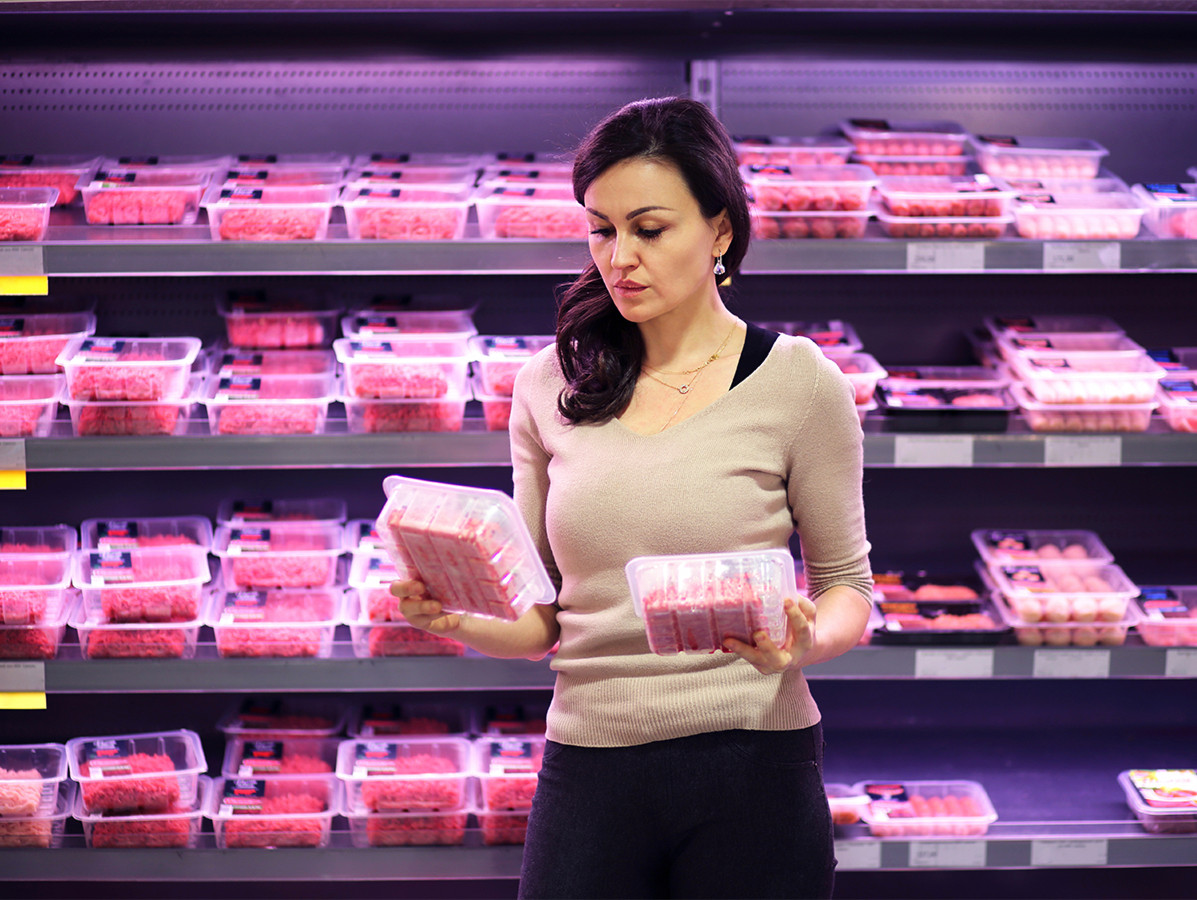
A tax on meat products, as proposed by a number of political parties, is not effective, not feasible and sometimes even counterproductive. This is what COV (Central Organisation for the Meat Sector), LTO Nederland (agriculture and horticulture), POV (Producers Organisation for Pig Farming), Nepluvi (Dutch Poultry Industry) and KNS (Royal Dutch Butchers) told informateur Mariëtte Hamer in a letter.
Various political parties in the Lower House, the PvdD, Green Left, D'66 and the Christian Union, are in favour of the introduction of a meat tax. The tax should lead to a better environment and better animal welfare. However, research commissioned by the minister of Agriculture, Nature and Food Quality (LNV) and carried out by the consultancy firm EY, shows that the environmental and animal welfare objectives would not be achieved with a meat tax. The opposite may even be the case.
Moreover, this new, additional tax would be very complicated, difficult to enforce and lead to an unnecessarily heavy administrative burden for SMEs. As a result, the continued existence of hundreds of butchers would be threatened.
Moreover, the political parties mentioned want to use the meat tax to halve the number of livestock and to get more people to switch to a vegetarian or vegan diet. Recent research by bureau 6T ('Zest') shows that a large majority of society is in favour of maintaining farmers in the Netherlands and that 95% of the Dutch simply eat meat. According to the same study, there is insufficient support for a meat tax.
A meat tax would not add anything to the sustainability improvements that the Dutch livestock sector and meat industry have already initiated. Extra sustainable meat is already available. Livestock farmers, meat processors, retailers and caterers work together in concepts such as Beter Leven (Better Life) and Varken van Morgen (Pig of Tomorrow). This slightly more expensive meat not only guarantees better sustainability and better animal welfare, but ideally also provides full compensation for the farmer, encouraging him to produce in an even more sustainable and welfare-friendly manner.
A meat tax would have the opposite effect. The surcharge resulting from the tax would not go to the farmer as a reward for his efforts to improve animal welfare and the environment, but to the government. And in the supermarket, Dutch meat would be supplanted even more by cheaper meat produced abroad, often with poorer animal welfare and greater environmental impact. A discussion on a meat tax can therefore only be held in a European context. At the moment, Brussels is discussing European tax measures to increase sustainability as part of the Farm-to-Fork strategy. The Netherlands should not run ahead of this.
The Dutch meat chain partners endorse the social importance of increasing sustainability. Various initiatives have already been launched in the meat sectors, such as the Pig Production Action Plan and the Poultry Industry Implementation Agenda.
For a sustainable future, further steps are necessary. The Dutch meat sector therefore supports the ambitions of the European Green Deal and the European Farm-to-Fork strategy. Chairman Jos Goebbels: "We are striving for the Dutch livestock and meat sector to become a European and global leader in the field of sustainability, as we already are in the field of food safety and animal welfare. Together with the minister, politicians and social parties, we want to take further steps towards sustainability with resources that do work, as opposed to a meat tax."
Beeld: ©Naty.M/Shutterstock.com
Source: COV